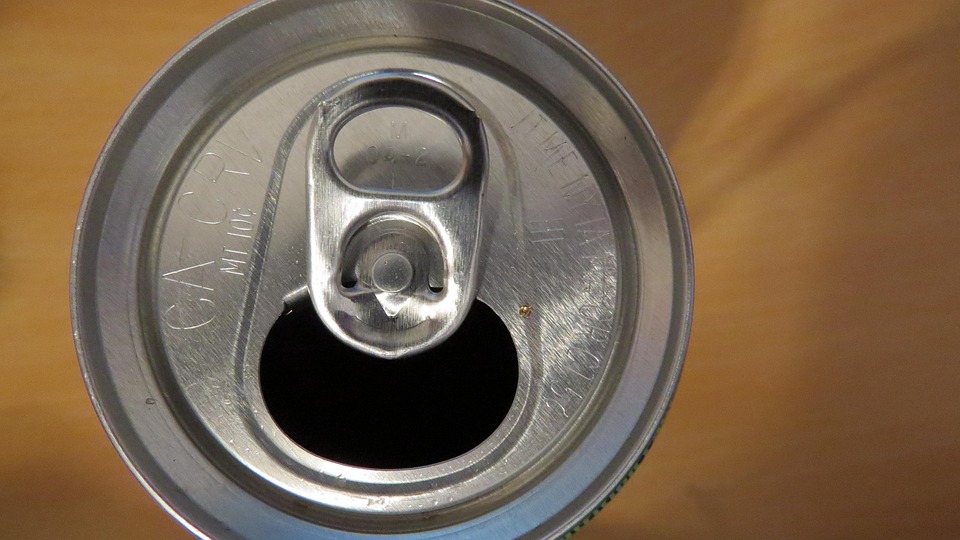Can I Use Brake Cleaner As Starting Fluid

The automotive world is filled with quick fixes and improvised solutions, born out of necessity or a desire for expediency. One such common question that arises in workshops and garages is whether brake cleaner can be used as a starting fluid. While both products come in aerosol cans and have volatile components, their intended purposes and chemical compositions differ significantly. This article delves into the technical aspects of using brake cleaner as a starting fluid, comparing it to alternatives, and analyzing the potential consequences of such a substitution.
Chemical Composition and Intended Use
Brake cleaners are designed primarily to remove brake dust, grease, oil, and other contaminants from brake components. Common ingredients include solvents like acetone, methanol, heptane, and chlorinated solvents such as tetrachloroethylene or trichloroethylene. The specific blend varies depending on the brand and intended application (e.g., chlorinated vs. non-chlorinated). The solvents are chosen for their degreasing power and rapid evaporation, allowing for quick cleaning without leaving residue that could compromise braking performance.
Starting fluids, on the other hand, are specifically formulated to aid cold starts in internal combustion engines. They typically contain highly volatile substances like diethyl ether, heptane, and propane. These chemicals have a very low flash point and ignite easily, providing a readily combustible mixture in the cylinder to kick-start the engine. Lubricants are often added to the mixture to protect cylinder walls and piston rings during the initial start-up phase, when oil circulation might be limited.
The crucial difference lies in the intended purpose and the presence (or absence) of lubricants. Brake cleaners are not designed to provide any lubrication and may even actively strip away any existing oil film.
Technical Considerations: Pros and Cons
While brake cleaner might, in some emergency situations, successfully start an engine, its use carries significant risks:
Pros (limited and situational):
- Volatility: The volatile solvents in brake cleaner can indeed create a combustible mixture in the cylinder, potentially allowing an engine to start.
- Availability: In a pinch, brake cleaner might be more readily accessible than dedicated starting fluid.
Cons (substantial and potentially damaging):
- Lack of Lubrication: This is the most significant concern. The absence of lubricants in brake cleaner can lead to increased friction and wear between the piston rings and cylinder walls, particularly during a cold start when oil circulation is minimal. This can cause scoring of the cylinder walls, premature engine wear, and reduced engine lifespan.
- Potential for Detonation: Some components in brake cleaner, particularly certain chlorinated solvents, can cause uncontrolled and rapid combustion (detonation or knocking) within the cylinder. This can subject the engine components to extreme stress and potentially lead to damage to the pistons, connecting rods, or cylinder head.
- Sensor Damage: Introducing harsh solvents into the intake manifold can damage sensitive sensors like the mass airflow (MAF) sensor or oxygen sensors. These sensors are crucial for proper engine management and fuel efficiency, and their malfunction can lead to poor performance and increased emissions.
- Catalytic Converter Contamination: Chlorinated brake cleaners, in particular, can contaminate the catalytic converter, reducing its efficiency and potentially leading to its premature failure. Replacing a catalytic converter is a costly repair.
- Health Hazards: Brake cleaners often contain toxic chemicals. Inhaling the fumes or prolonged skin contact can pose health risks. Using them in an enclosed space without proper ventilation can be especially dangerous.
Alternatives and Best Practices
Given the potential risks associated with using brake cleaner as starting fluid, it's always best to use a dedicated starting fluid. These fluids are specifically formulated to provide reliable ignition while minimizing the risk of engine damage. When using starting fluid, it's crucial to follow the manufacturer's instructions carefully. Excessive use can still lead to engine damage.
Other strategies for addressing starting problems include:
- Proper Battery Maintenance: A weak battery is a common cause of starting problems, especially in cold weather. Ensure the battery is fully charged and in good condition.
- Checking the Ignition System: Faulty spark plugs, ignition coils, or other ignition components can prevent the engine from starting.
- Inspecting the Fuel System: A clogged fuel filter, malfunctioning fuel pump, or faulty fuel injectors can starve the engine of fuel and prevent it from starting.
- Addressing Mechanical Issues: Low compression due to worn piston rings or valves can also make starting difficult.
Reliability, Maintenance, and Future Trends
The reliability of modern automotive engines relies heavily on precise fuel management and lubrication. Using inappropriate chemicals like brake cleaner can severely compromise these systems. Regular maintenance, including oil changes, spark plug replacement, and fuel system cleaning, is essential for ensuring long-term engine reliability.
Future trends in the automotive industry, such as the increasing adoption of electric vehicles (EVs), will gradually reduce the reliance on internal combustion engines and, consequently, the need for starting fluids. However, even hybrid vehicles still require traditional starting mechanisms, albeit often supplemented by electric assist.
Furthermore, advancements in engine management systems and fuel injection technologies are continuously improving cold-start performance, minimizing the need for auxiliary starting aids.
Conclusion
While brake cleaner might offer a temporary solution for starting an engine, the potential for long-term damage far outweighs the short-term convenience. The lack of lubrication, the risk of detonation, and the potential for sensor and catalytic converter contamination make it a risky and ill-advised practice. Automotive professionals should always prioritize the use of dedicated starting fluids and address the underlying causes of starting problems through proper diagnosis and maintenance. The automotive industry is constantly evolving, but the fundamental principles of engine lubrication and fuel management remain critical for ensuring vehicle reliability and longevity. As technology advances, diagnostics will become even more sophisticated, allowing technicians to pinpoint starting issues with greater accuracy and efficiency, further reducing the temptation to resort to potentially harmful shortcuts.
